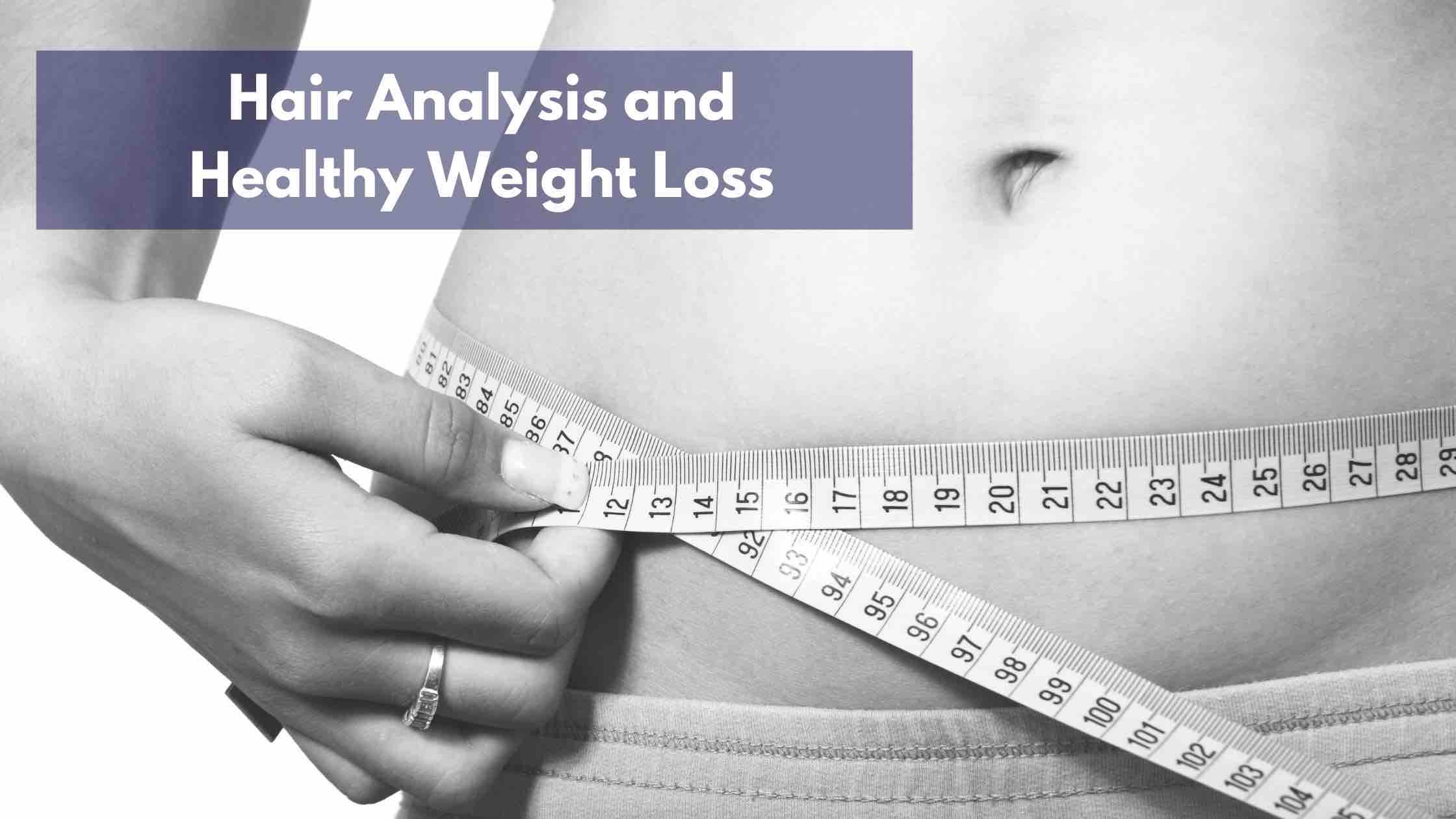Healthy weight loss is not just about caloric restriction, but involves balancing and optimising body chemistry. Hair analysis and proper nutrition can go a long way in identifying metabolic imbalances that contribute to obesity and in guiding their correction. In this article, we show how hair analysis can identify the root causes of obesity and provide individualised solutions for healthy weight loss.
Hair Analysis And Obesity
Recovering from a toxic body can be complicated. Digestion is often impaired, cravings are intense, and glands may not work well. A hair analysis is great for providing clarity and guiding the correction process.
A high calcium to magnesium ratio is often an indication that you are eating too many carbohydrates in your diet. Phosphorus levels below 14 mg% may indicate impaired digestion or protein synthesis , and possibly insufficient protein in the diet.
Low levels of sodium and potassium, or a low sodium/potassium ratio are associated with low hydrochloric acid, impaired digestion and a tendency for hypoglycemia or diabetes.
A high sodium level or high sodium/potassium ratio is associated with water retention that may contribute to weight gain.
Elevated toxic metals interfere with digestion and utilization of food. Elevated copper in slow metabolizers indicates a tendency for candida albicans infection. This can create food cravings and interfere with nutrient absorption.
A slow metabolic rate frequently indicates a toxic liver since slow oxidizers have much more difficulty eliminating all toxic substances. It is also associated with impaired thyroid and adrenal activity, another cause of obesity.
It is important to recall that a hair analysis only reveals the top ‘layer’ of metabolism. It takes time to correct layers of metabolic imbalances. Unlike many quick weight loss diets, the other health benefits of rebuilding body chemistry are immeasurable. Detoxification procedures like coffee enemas and far-infrared sauna therapy may also be very helpful for weight loss.
General Guidelines For Weight Loss
- Food should be organically grown or as fresh and natural as possible. Carbohydrates need to be reduced, and refined carbohydrates kept to a minimum.
- Eliminate foods containing wheat, dairy and refined sugar. Many individuals are allergic to wheat and dairy, which are also high in carbohydrates. They often inflame the intestines, leading to toxic conditions. Sugar deranges body chemistry, often leading to cravings and more serious diseases.
- Eliminate junk fats. These are margarines, shortening and all vegetable oils except coconut, olive and flaxseed oils. This means eliminating most fried food, chips, candies, cookies and other processed foods. Most people who live on natural foods – vegetables, meats, eggs, goat milk and cheese, nuts, seeds and a little fresh fruit do not have a weight problem.
- Drink enough good-quality water. A good rule of thumb is a quart for every 50 pounds of body weight. Avoid tap water unless you remove its chlorine and fluoride. Green tea is very high in fluoride. These chemicals are potent thyroid inhibitors. Soy also contains thyroid inhibitors and may not be beneficial. Filtered or spring water is best. Good water is an excellent investment in your health.
- Eat according to your metabolic type. Use the hair analysis as a guide. The blood type is not a reliable guide.
- For all metabolic types, it is important to replace empty calories and junk foods with a generous portion of lightly cooked vegetables daily. Cooked vegetables are easy to digest and supply vital minerals, as well as antioxidant and anti-inflammatory nutrients. Vegetables also greatly assist with the body’s detoxification processes.
- Choose healthful eating and living habits. Eat regular sit-down meals and rest a few minutes after each meal. Avoid skipping meals, eat slowly and chew thoroughly. You will fill up much faster this way. Get enough rest and sleep, exercise gently, breathe deeply and think positively. Don’t make excuses as to why you are unable to do these things. Just keep at it and use whatever gimmicks and support systems you require. Make detoxification procedures part of your lifestyle.
- If overeating is a problem, notice when you eat. Distract yourself, substitute other activities, avoid tempting people, places or activities, don’t keep junk food around the house and get your friends and partner to help you, not oppose you. If necessary, overeat on more healthful foods until cravings can be brought under control. Correcting body chemistry may take several years but is well worth the effort.
- It is best not to eat after 7pm as late night meals are especially bad for weight gain and fat metabolism.
Source: https://arltma.com/newsletters/dieting-and-losing-weight/

